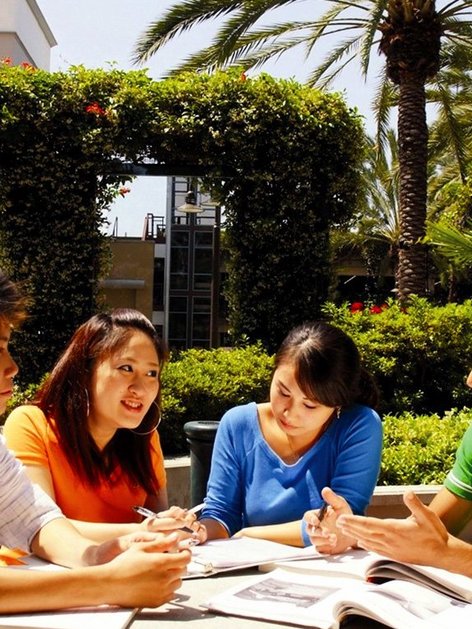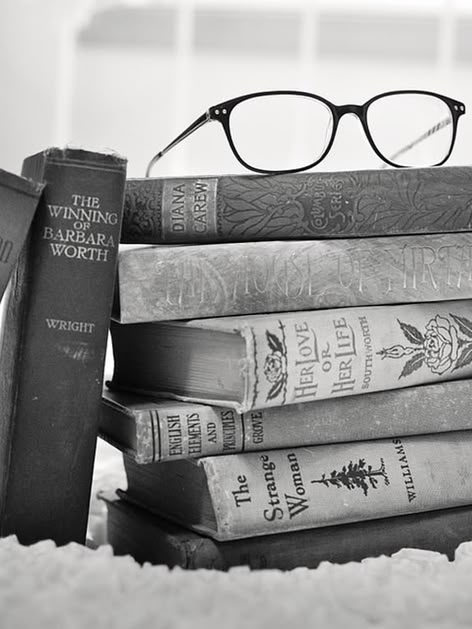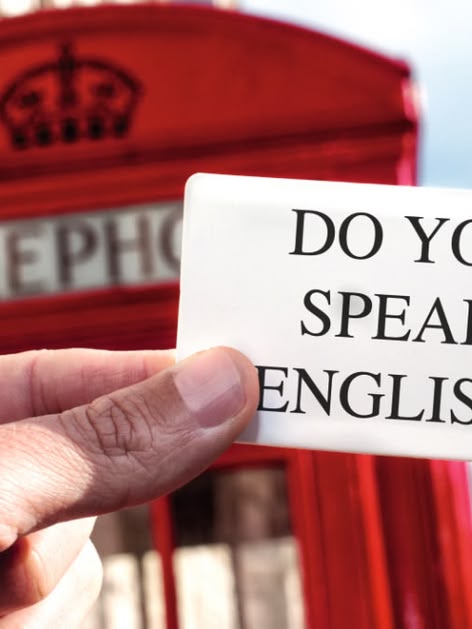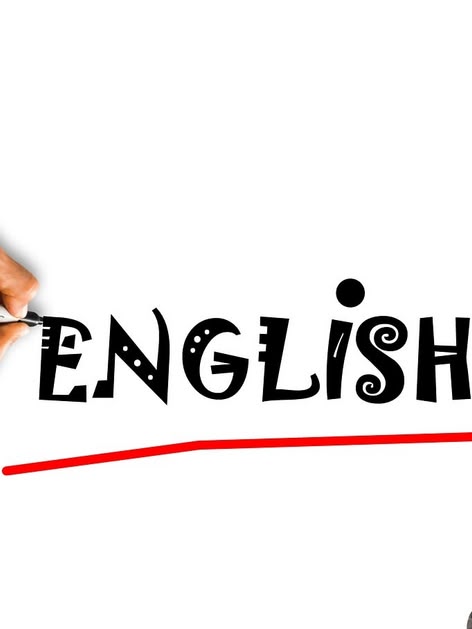40 Essential Phrases to Sound Like a Native English Speaker
a rip-off / to get ripped off
A "rip-off" refers to something that is grossly overpriced, such as buying a counterfeit Rolex watch at the original price, even though it is of significantly inferior quality. If a native English speaker had bought a counterfeit Rolex and only realized it later, they would say: "Oh no, I got ripped off!"
I better...
This is another way to express "I should...". For example: "I better go buy food before the shop closes."
can't make it
This expression is essentially saying "can't attend" ("I can't come/participate"). For example: "I can't make it to the football match. I've already made other plans." (Translation: "I can't come to the football match, I've already made other plans").
cheesy/corny
These expressions are used to describe things that are hackneyed, unoriginal, or obviously kitschy, especially in relation to certain motifs in films, but also in music or pickup lines.
chill out
The expression "chill," means "to relax" or "to unwind." In English, however, "chill" or "chill out" can also be used in the sense of "to calm down" or "to come down," similar to "calm down." This expression is often used in the imperative mood to ask someone to calm down after a strong reaction, especially in situations where it is assumed that someone is overreacting.
coulda / shoulda / woulda
Colloquial abbreviations for "could have", "should have" and "would have".
couldn't care less
You can probably guess the meaning of this expression. Literally, it means: "Nothing could interest me less than..." This expression is appropriate when you are absolutely not interested in a topic or another person's opinion.
Example: "Oh look, Paris just bought this cute pink jacket for her dog."
Response: "I couldn't care less."
doesn't matter / don't mind / don't care
All these expressions are equivalent to "I don't care." They are frequently used when you are asked between options but have no preference. They are shorthand for "I don't mind," "I don't care," and "It doesn't matter."
Example: "Do you want to watch an action movie or a comedy?" Answer: "Don't mind."
("Would you like to watch an action movie or a comedy?" Answer: "I don't care.")
Don't worry about it / No worries / No problem
In English, there are informal alternatives such as "No worries" or "No problem", which mean the same as "You're welcome" - i.e., "Please".
Down to earth
It corresponds to "down-to-earth" and describes people who are experienced, realistic, and not arrogant or dramatic.
dude / man
Informal terms for a friend, usually male.
Dunno
It is the abbreviation for "don't know", meaning "I don't know".
easy-going / laid back
Two phrases used to describe people who are relaxed and tolerant.
fair enough
An informal expression used to indicate that what you said has been accepted or understood. The closest equivalent would probably be "That's fine." For
example: "I'm sorry I can't come to your party, I have a really important exam the next day." Response: "Oh, that's such a shame! But fair enough."
("I'm sorry I can't come to your party, but I have an important exam the next day." Response: "Oh, that's such a shame, but fair enough.")
to be free
"To be free" can mean that you are free to do something, or that something is free of charge. Often, however, it also signals that you have time for activities.
Example: "Hi dude, are you free tomorrow? Want to play football?"
(Translation: "Hey buddy, do you have time tomorrow? Want to play football?")
I get it
It means "I understand" and would be translated as "I get it".
Go ahead / Go for it
This is an informal expression used to give someone permission to do something.
gonna / wanna / gotta
Abbreviations for "going to" / "want to" / "got to".
Gotcha
This is short for "I've got you" and is a colloquial version of "I understand".
to grab...
Although "greifen" would actually be the correct translation for "grab," this expression is often used synonymously with "get" to mean "to fetch" or "to get.
" So, for example, if your friend asks, "Hey, want to grab a coffee?" she wants to know if you'd like to get a coffee together.
Hey / Hi / Hiya / Yo / What's up? / 'Sup / How's it going? / How are you doing?
Native English speakers rarely use "hello". Instead, greetings like those listed above are common. Questions like "How's it going?" are often just greetings, but can also be answered.
Example: "How's it going?" Answer: "Hey. What's up?" or "Good, thanks. You?"
Hang on
This phrase means "wait".
to hang out
The expression means spending time with friends.
Example: "Mum, I'm going to hang out with
my friends today." (Translation: "Mother, I'm doing something with my friends today.")
How come?
This question often confuses language learners, but it's simply an alternative way of asking "why."
I'm afraid...
This phrase is not only used to say what one is afraid of but also to deliver bad news.
Example: "I'm afraid the tickets are already sold out for the show today. You will have to try again tomorrow."
It's up to you
If you are with someone and they need to make a decision, and you want to emphasize that the other person should make the decision, simply say: "It's up to you."
Example: "Shall we order Chinese or Indian food tonight?" Answer: "It's up to you."
(Translation: "Should we order Chinese or Indian food tonight?" Answer: "You decide.")
Long time no see
This is what you say to someone when you see them again for the first time after a long time.
Make yourself at home
You can use the English version of "Feel at home" when you have visitors.
May as well / might as well
A reluctant agreement when no better option seems available or when something is seen as inevitable.
Example: "I know he's not our best friend, but there's nothing else going on tonight. Shall we just go to his party?"
Answer: "Yeah, might as well."
My bad
It means "My fault" and is used as an apology.
Not my thing
English translation of "Not my thing", and expresses that something does not suit your taste or interests.
No way!
An exclamation of surprise. For example, if you're sitting with a friend and realize that you've both independently booked the same hotel for your next vacation, you might exclaim in surprise, "No way!" This is perhaps equivalent to the surprised exclamation, "You've got to be kidding me!"
Speak of the devil!
"Speak of the devil" in English.
Take care / Take it easy
Literally, this farewell greeting means "Take care," but it is used like an informal "goodbye" among friends.
To be up for...
A common phrase used to make plans. It simply means that you want to do something.
Example: "Hi James, are you up for playing football today?"
Answer: "Yeah, I'm up for that."
What are you up to?
Another way to express "What are you doing?" However, you would only ask this question in informal conversations.
Example: "What are you up to later? Do you want to go to the cinema?"
What do you do?
This is an abbreviation for "What do you do for a living?" (What do you do for a living?). In fact, this expression is one of the most important on this list, as many native speakers often ask this question in the first conversation when meeting a new person.
Whatever
"Whatever" has several meanings:
- On the one hand, it can be used like "any" or "no matter what."
For example: "I'm going to go to the park whatever the weather."
However, you're more likely to know the expression "whatever" from its second context: It's often used to express that you don't quite believe what the other person has just said. For example: "I promise, it wasn't me who broke your CD." Response: "Whatever."
("I swear, I didn't break your CD." Response: "Yeah, right.")
Whatshisface / Whatsherface
This expression is particularly useful when you want to mention someone but have forgotten their name. For a man, use "whatshisface," and for a woman, "whatsherface." However, you shouldn't use this if the person whose name you've forgotten is nearby.
"Yeah" instead of "Yes "
Also very important: Although "yes" is the literal word for "ja" (yes), outside of formal situations it is almost always more appropriate to say "yeah" instead of "yes". Therefore, "yes" is mostly used when someone is impatient, sad, angry, or generally in a bad mood.
American English
Here are a few phrases you'll hear primarily in the USA.
To dillydally:
This American word describes the act of wasting time when you actually have things to do and instead pass the time on unimportant things. The expression can also be used to describe someone who takes an excessively long time to get dressed. Example: "Stop dillydallying, we need to be at the airport in half an hour." (Translation: "Stop dawdling, we need to be at the airport in half an hour.")
Don't mention it:
An informal phrase you can use in America instead of "you're welcome."
To be down:
While "to be down" can mean that someone is sad, Americans often use it in the same way as "to be up for something," explained above.
Example: "You down to go to the party tonight?" Answer: "Yeah, I'm down." (Translation: "Do you want to go to the party tonight?" Answer: "Yes, I do.")
Knick-knack:
An American expression for "stuff." Note that the two "K"s are silent.
Knock it off / Quit it:
A colloquial expression used to ask someone to stop doing something, especially if it's annoying. For example, if someone were constantly opening and closing their pen, it would be a good time to use this expression.
Note: Again, the "K" in "Knock it off" is silent.
Sketchy:
American slang that can describe:
- People who are dishonest or unreliable.
Things, especially places, that could potentially be dangerous.
- Low-quality items.
Americans
use this to express that they are very tired.
British English
Here are a few more phrases you'll hear in the UK, not the US:
A cuppa.
This is short for "a cup of tea" and means "a teacup".
Alright?
This British greeting is another way of saying "Hello" and is derived from the question "Are you alright?" However, the greeting is not used as a question; if you expect a reply, you must use the longer versions "You alright?" or "Are you alright?"
And Bob's your uncle!
This phrase is typically British and sounds odd, but it means something quite similar to "whoosh," "...and just like that," or "...and that's it!" It's also comparable to the French expression "et voilà!" It's usually used after finishing an explanation to express that it wasn't so difficult after all.
Example: "To get to Big Ben, just keep walking along the river, turn right, cross the bridge and Bob's your uncle - you're there!"
(Translation: "To get to Big Ben, just keep walking along the river, turn right, cross the bridge and bam - you're there!")
I can't be bothered
A British idiom to express that you lack the motivation to do something.
Cheers
When toasting throughout the English-speaking world, you say "Cheers". In the UK, however, you can also use "Cheers" to say "thank you", especially when signing your emails.
Crikey / Blimey!
These are both very British words that you definitely won't hear in the US. They are different exclamations meant to express surprise, shock, or amazement, similar to exclamations like "Oh my God!" or "Wow!"
dodgy
A British expression used to describe roughly what Americans call "sketchy." So:
- People who are dishonest/unreliable
Things, especially places, that could potentially be dangerous
- Low-quality items.
to faff (around / about)
The British version of "dillydallying." "Faffing around" also describes the act of wasting time when one actually has things to do but instead whiles away the time on unimportant things. The expression can also be used to describe someone who takes an excessively long time getting dressed.
Example: "Stop faffing around, we need to be at the airport in half an hour."
(Translation: "Stop dawdling, we need to be at the airport in half an hour.")
gutted
Another British word for disappointed. If someone tells you an unhappy story, this expression can serve as a response.
knackered
A Briton would understand that you are very tired if you said this to him. Again, the first "k" is silent.
mate
The British equivalent of "dude" and "man".
Nice one
A very colloquial version of "thanks" in the United Kingdom.
Not bad
"Not bad" is also a synonym for "good" in Great Britain and is perceived very positively. Note: In the USA, however, "not bad" has a rather negative connotation.
not bothered / not fussed
Two phrases that mean roughly the same as "don't mind", "don't care" and "doesn't matter".
Not my cup of tea
In the UK, use to express that something is not to your liking or that you have no interest in it.
Nuts
A widespread British slang word that simply means "crazy." Like "crazy," it's used both to describe someone's mental state and to describe something extremely impressive, unbelievable, tragic, or risky. Therefore, it can have both positive and negative connotations.
An example of positive use:
"Did you see that amazing goal Messi scored the other day?"
Answer: "Yeah! That was nuts!"
under the weather
A British way of saying that one is ill.
The differences between British and American English don't stop at slang; some words are also pronounced differently. Watch this video to find out how different words are stressed:
Thank you for your attention! If you know any other typical English sayings, please share them with us! You can either tweet us @sprachcaffe or comment on our Facebook post about this article. See you later!












